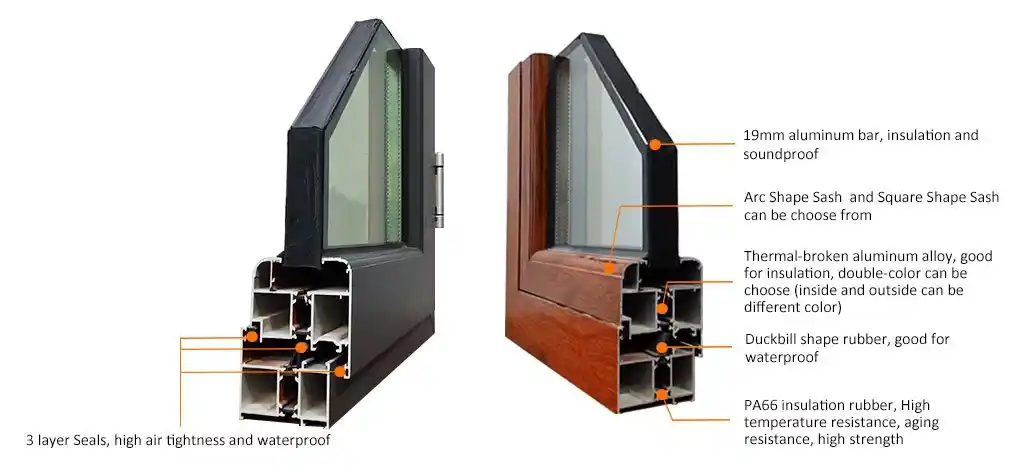
The Versatility and Benefits of Aluminum in Modern Applications
We have the best instructors
Introduction to Aluminum and Its Applications
Aluminum is a versatile and widely used metal known for its lightweight, corrosion resistance, and recyclability. It plays a crucial role in various industries, from construction to transportation and packaging. This article delves into the properties, applications, and benefits of aluminum, highlighting why it remains a vital material in modern manufacturing.
Properties of Aluminum
1. Lightweight and Strong Aluminum is prized for its excellent strength-to-weight ratio. Despite being lightweight, it offers impressive strength, making it ideal for applications where reducing weight without compromising durability is essential.
2. Corrosion Resistance Aluminum naturally forms a protective oxide layer, which makes it highly resistant to corrosion. This property is particularly advantageous for applications in harsh environments, such as marine and aerospace industries.
3. Recyclability One of the standout features of aluminum is its recyclability. Aluminum can be recycled indefinitely without losing its properties, making it an eco-friendly choice. Recycling aluminum requires only 5% of the energy used to produce new aluminum from ore, significantly reducing environmental impact.
4. Conductivity Aluminum is an excellent conductor of electricity and heat. This makes it a preferred material in electrical and thermal applications, such as power lines, heat exchangers, and electronics.
Applications of Aluminum
1. Construction In the construction industry, aluminum is used for everything from window frames and doors to roofing and siding. Its durability and aesthetic appeal make it a popular choice for modern architecture.
2. Transportation Aluminum's lightweight nature contributes to fuel efficiency in vehicles, airplanes, and boats. It is widely used in the automotive and aerospace industries to enhance performance and reduce emissions.
3. Packaging Aluminum is extensively used in packaging due to its non-toxic nature and ability to protect contents from light, moisture, and contaminants. Aluminum foil, cans, and containers are common packaging materials.
4. Electronics The electronics industry relies on aluminum for components like heat sinks and casings due to its excellent thermal and electrical conductivity. It helps in managing heat dissipation and ensuring efficient performance of electronic devices.
5. Household Goods Aluminum finds its way into many household items, including cookware, furniture, and appliances. Its lightweight, corrosion-resistant properties, and ease of fabrication make it ideal for everyday use.
Benefits of Using Aluminum
1. Sustainability Choosing aluminum supports sustainable practices due to its recyclability. Using recycled aluminum reduces the demand for raw materials and energy consumption, contributing to environmental conservation.
2. Cost-Effectiveness While aluminum might have a higher initial cost compared to some materials, its longevity, low maintenance requirements, and recyclability make it cost-effective in the long run.
3. Versatility Aluminum's versatility in fabrication and design flexibility allow it to be used in a myriad of applications. From intricate architectural designs to robust industrial components, aluminum can be tailored to meet diverse needs.
4. Safety In addition to its strength and durability, aluminum is non-combustible and does not release toxic fumes when exposed to high temperatures, making it a safe choice for various applications.
Conclusion
Aluminum stands out as a material of choice in many industries due to its unique combination of properties. Its lightweight nature, corrosion resistance, recyclability, and versatility make it indispensable in modern manufacturing. As industries continue to seek sustainable and efficient solutions, aluminum's role is poised to grow even further.

